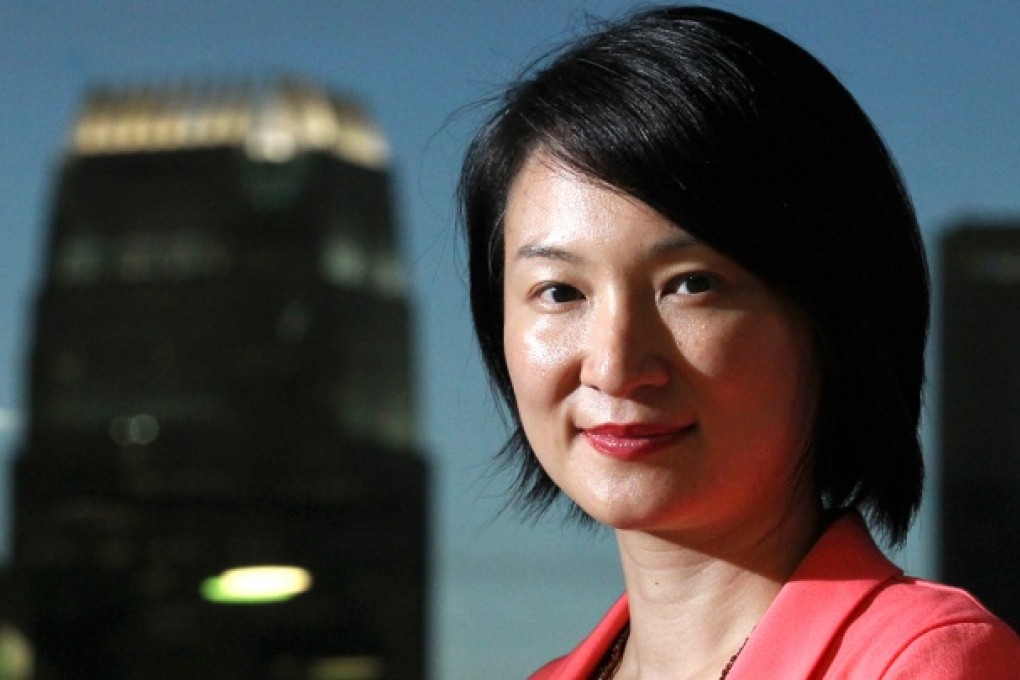Call for Exco members to declare their liabilities
Barry Cheung case raises questions on disclosure of personal liabilities to council

The rapid departure from the Executive Council of Barry Cheung Chun-yuen threw up more questions than answers about how the troubled policymaking body operates.
After he quit last month amid police investigations into his failed Hong Kong Mercantile Exchange (HKMEx), many were left wondering if Exco's rules on declarations of interest by members should be extended beyond assets to cover liabilities.
The suggestion was floated by Exco member Starry Lee Wai-king after politicians Chim Pui-chung and Cheung Chi-kong revealed that the trading platform founded by Cheung had been financially stricken for at least a year. Chim claimed he had loaned HK$8 million to Cheung two years ago.
In an article Lee, an accountant, said what mattered was not how much debt members had, but "whether one has more debt than assets, and whether he is able to clear his debt".
Albert Ho Chun-yan, a Democratic Party "super seat" lawmaker, agreed that Exco members ought to disclose personal debts.
"This could trace the personal guarantees they have made to borrow loans, which I believe was the underlying problem behind Cheung's difficulties," Ho said. But listing corporate liabilities would be unnecessary, as renumerated directorships were already subject to disclosure.
Another issue is whether an Exco meeting should be suspended when there is "nothing on the agenda". That was the government's justification for the first aborted meeting in Leung Chun-ying's administration, shortly after the Cheung scandal surfaced. The timing gave rise to speculation Leung had tried to evade the media's attention.